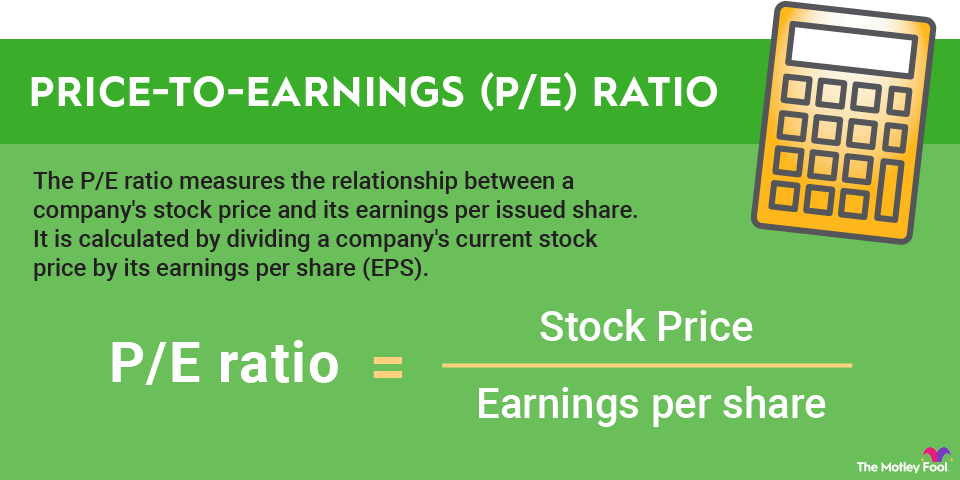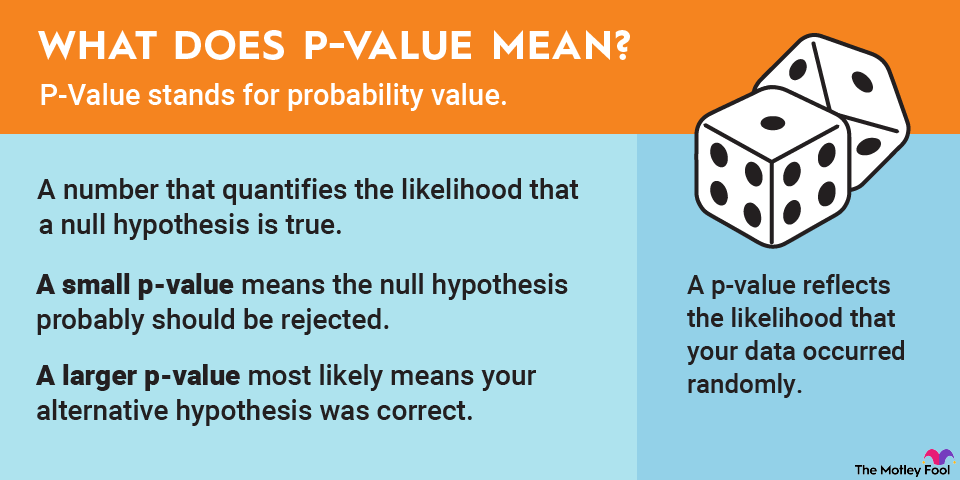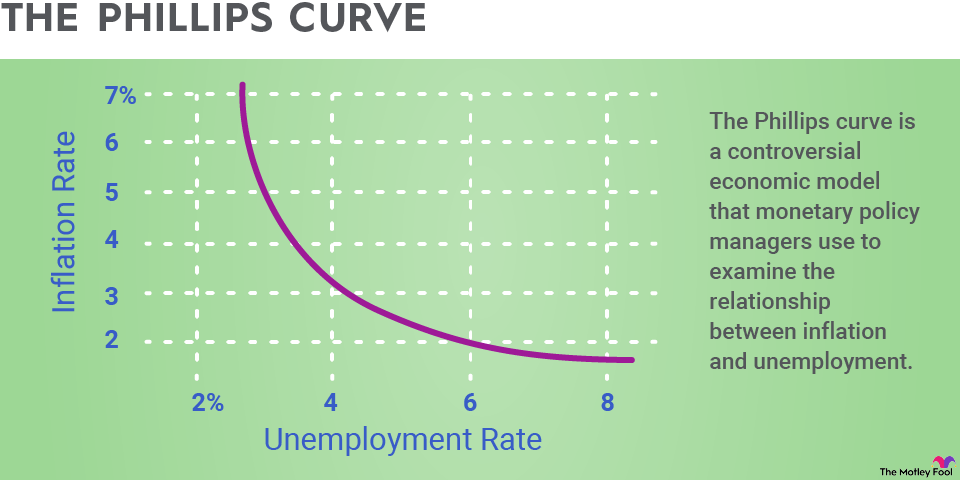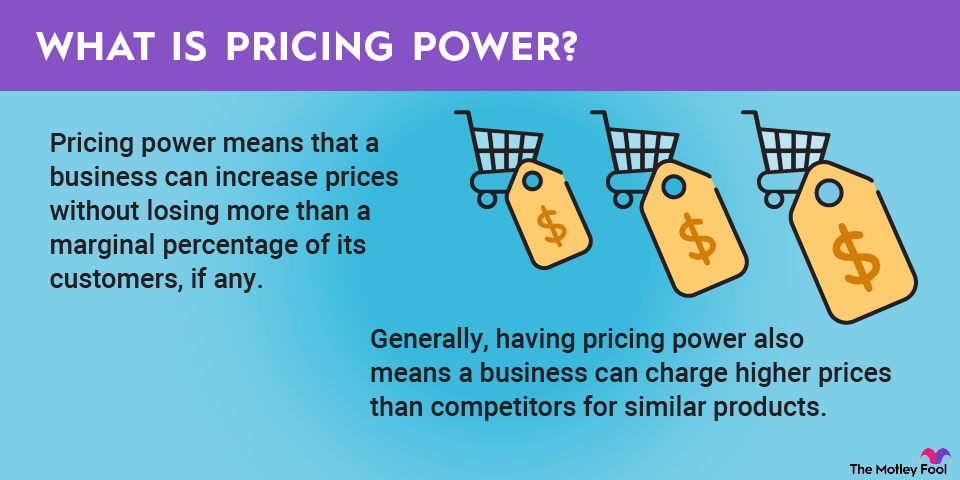If you've bought a house or are thinking about it, you may have discovered that there's a little extra tucked into your mortgage note -- a prepayment penalty. Prepayment penalties can be very expensive clauses within your mortgage but, depending on your long-term plans, may not be the end of all things. Read on to learn what this is, how it works, and how to avoid it when possible.
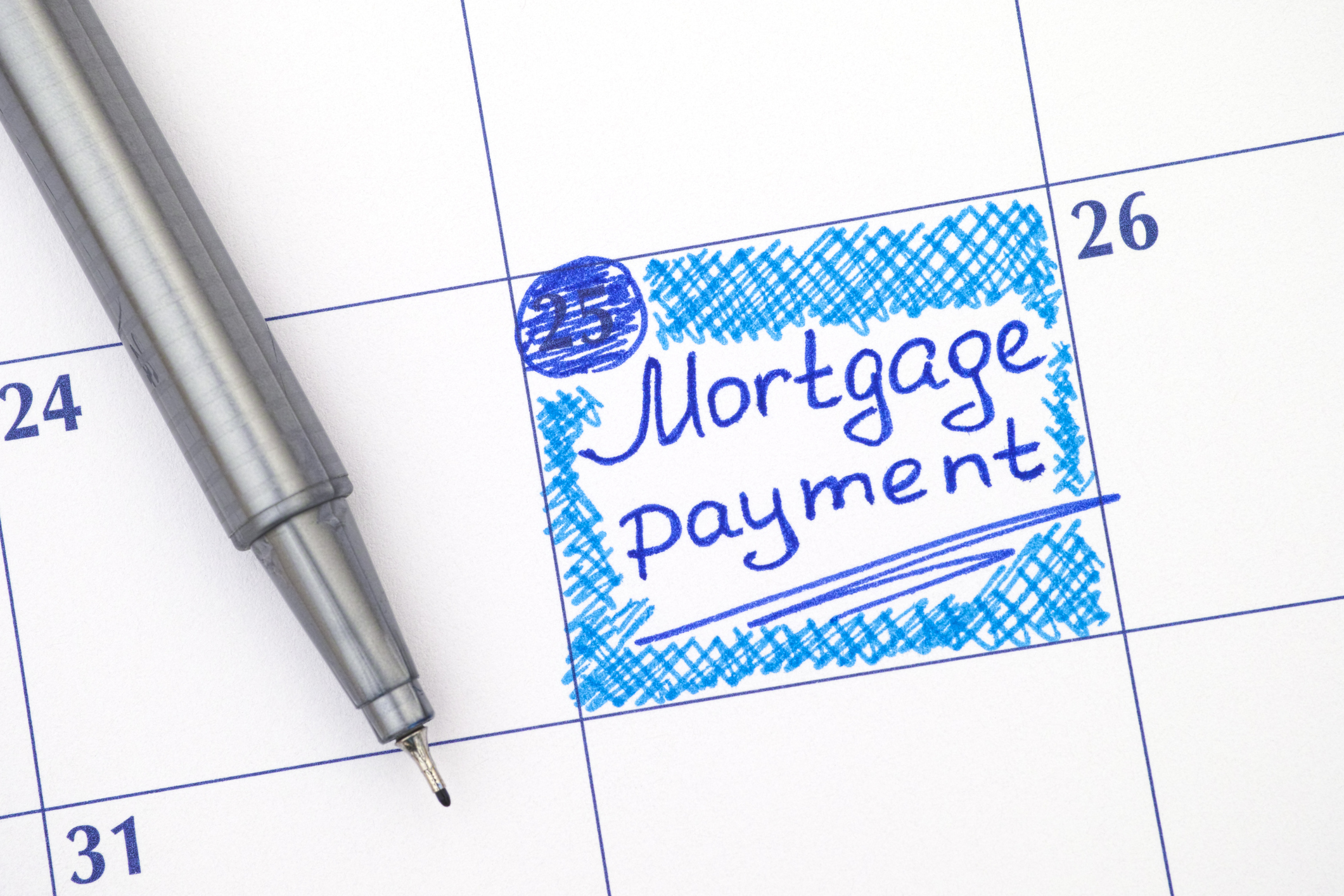
What is a prepayment penalty?
A prepayment penalty is a clause written into a loan contract, typically a mortgage, that allows the bank to charge you an additional fee for paying off your loan early.
Because these loans are designed to represent longer-term income for the lender and anyone who buys mortgage-backed securities (MBS), lenders don't love the idea of you paying off your mortgage early and shorting the interest they were slated to receive over the next 15, 20, or 30 years.
Not every kind of mortgage comes with a prepayment penalty, and they must be disclosed. You are far more likely to encounter them with subprime mortgages, which may be nonconforming loans of various types or non-qualified mortgages, which have very few rules, provided they disclose everything to you (even if it's in very fine print).
How does a prepayment penalty work?
Prepayment penalties are assessed as mortgage fees when you pay off a percentage of the note -- usually the entire note, but sometimes as little as 20% of the original mortgage amount -- within a set period of time. If you pay it off by selling your home or refinancing the mortgage, this fee will be tacked on to the closing costs due at closing for your side of the transaction.
If you pay the note in cash, you'll be billed for the additional amount. The amount of a prepayment penalty varies widely depending on the contract. It may be the equivalent of several months' worth of interest, a percentage of the total loan balance, or some other calculated fee that represents lost income to the lender.
This is why it's very important to read all the loan documents and not sign anything you don't understand. You'll definitely want to know if you have to deal with a prepayment penalty.
Types of prepayment penalties
There are two main types of prepayment penalties: hard and soft.
A hard prepayment penalty is when you absolutely must pay the prepayment penalty whether you sell your home, refinance it, or pay off a substantial amount of the loan within a specified period. It's called a hard penalty because it's non-negotiable and gives you no options to avoid it in the end, except to pay the note in full over the specified loan period.
A soft prepayment period, on the other hand, is a bit more flexible. It will still be assessed if you refinance within the specified window, but if you want to sell your home, a soft penalty will not be applied. These lenders want to keep you as a customer, one way or the other, even if that means letting you sell your home to buy another with another loan product.
If you have no choice and must have one or the other, choose the soft prepayment option. At least you can sell your home if needed, even if you can't refinance it.
Related investing topics
Why prepayment penalties matter to investors
Prepayment penalties can come into play for investors in two main areas of investing: either as a hands-on real estate investor who used a mortgage to purchase the property or as an investor in mortgage-backed securities (MBS).
For hands-on investors, commercial real estate mortgages can sometimes have a lot of stiff penalties built in. Sure, it may make sense to you to pay off the mortgage on your rental home as soon as possible, but it can also cost you a lot in the end if you do. Commercial mortgages are different creatures from residential ones, so always be careful to read the fine print.
For investors in MBS, it's kind of the opposite problem. You'll see that the loan is paid off early and removed from the MBS. The principal you invested in that particular mortgage is generally returned to you without the long-term yield promised, since the mortgage is now gone from the portfolio.
If there's a prepayment penalty involved, you should get a share of that penalty. However, because these loans are often cut up into small pieces to place into the MBS, that same loan could be in 1,000 different products. Don't expect a lot.

